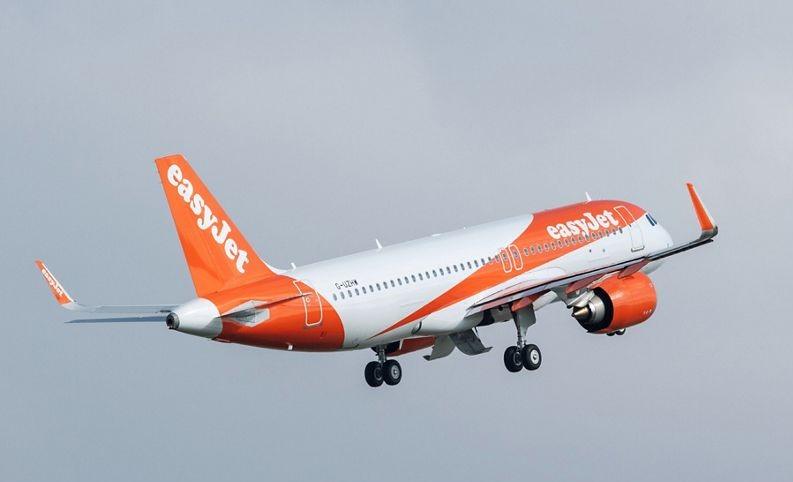EasyJet Completes Fleetwide Fuel-, Noise-Reducing Technology Retrofit

Credit: Airbus
EasyJet said it has completed a fuel- and noise-reducing retrofit program which means Airbus’s Descent Profile Optimization (DPO) technology is now in place across its fleet, while compatible newer aircraft are equipped with Continuous Descent Approach (CDA) technology. The fleetwide retrofit will...
Subscription Required
This content requires a subscription to one of the Aviation Week Intelligence Network (AWIN) bundles.
Schedule a demo today to find out how you can access this content and similar content related to your area of the global aviation industry.
Already an AWIN subscriber? Login
Did you know? Aviation Week has won top honors multiple times in the Jesse H. Neal National Business Journalism Awards, the business-to-business media equivalent of the Pulitzer Prizes.
